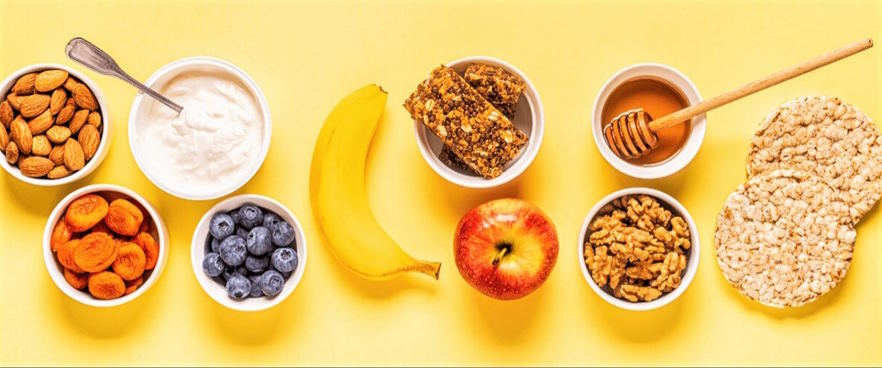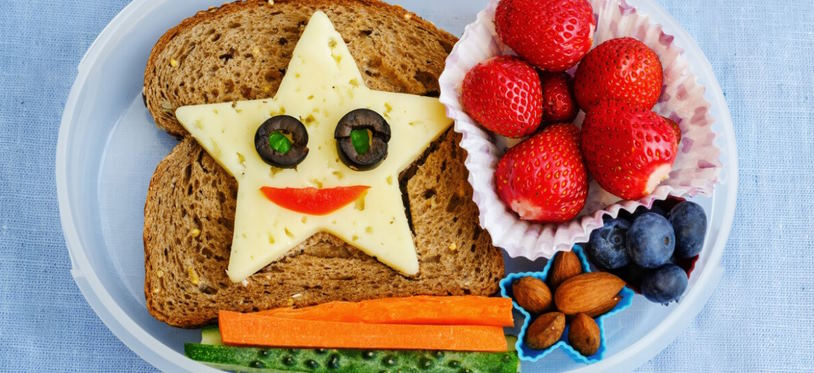
Begin by explaining why it is needed. Talk to your children about the importance of eating nutritious food like fruits, vegetables, and whole grains. Show them pictures of these foods and explain their benefits.
Besides, one of the best ways to make sure that your children eat healthy food is to make it fun. For example, involve them in meal planning, let them pick out vegetables at the grocery store, and have them help with preparing meals. It is a great way to encourage their interest in healthy foods and make it an enjoyable habit for you and your child.
Another good idea is to provide healthy snacks and meals throughout the day. It helps to avoid those mid-afternoon cravings for unhealthy foods and ensures that your children get enough nutrition. Replace sugary snacks with fruits, vegetables, and whole grains to create tasty treats for kids.
Limiting access to junk food and other unhealthy items in the home can also be beneficial. Make sure they are not easily available when children get hungry or bored throughout the day. Instead, offer healthier alternatives such as yogurt, nuts, or homemade sweets so that you know what your children are consuming.

In addition, don’t be afraid to get creative with the presentation. For example, even if the food isn’t particularly interesting, serving it in fun shapes or colors can make it more appealing to children. You can also add flavor and nutrition to dishes with herbs and spices.
Finally, setting a good example by eating healthy yourself is important. Children often follow their parents’ example regarding food, so ensure you also follow healthy eating habits. Show them that eating healthy can be enjoyable and tasty –and not just a chore.
Why is it better to make children eat healthy food as early as possible?
Eating a healthy, balanced diet is essential for maintaining good health, and this should start at an early age.
Research has also found that when children learn about nutrition at an early age, they are more likely to choose healthier food later in life. You can also teach kids to read labels and understand what ingredients are good for their bodies.

What are the most important foods for children?
Nutrition plays an important role in a child’s development, so it is important to ensure that they get the right balance of nutrients. The dietary recommendations for children and adolescents include plenty of fruits, vegetables, dairy products, whole grains, lean proteins, and healthy fats.
Fruits and vegetables are especially important for their high levels of vitamins, minerals, and fiber. Dairy products such as milk and cheese provide protein for muscle growth as well as calcium for bone health. Whole grains provide energy and essential nutrients like B vitamins, iron, magnesium, selenium, and zinc. Lean proteins like poultry, seafood, beans, and lentils provide essential amino acids for growth and repair. Healthy fats from sources such as nuts, seeds, and avocados also provide essential fatty acids necessary for brain development.
Hydration is also essential. Make sure your child is drinking plenty of water and avoiding sugary drinks.
